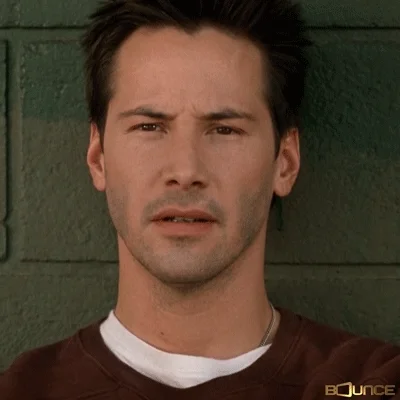I was using a CPAP for a while, but I’d wake up in the middle of the night and couldn’t get back to sleep with it on. I’ve always wanted to learn circular breathing on the didgeridoo. The claim is that working those throat muscles on the didge helps with sleep apnea. Been practicing for a month and a half now. It’s a real workout for that whole area, and an interesting experience training that kind of articulation. Seems to help, but I’m not doing any monitoring.
For sure. That was mainly for folks who decided not to do a sleep study at all because of the cost and/or inconvenience.
There are also people who can’t sleep at all at the sleep lab, but do fine at home.
I’ve got one of those. Apparently, I spit it out with some gusto about half an hour after I fall asleep.
If you have trouble with CPAP, I suggest you try APAP (Automatic Positive Airway Pressure) machine instead. I got one after I was diagnosed with sleep apnea about a year ago, and it’s been working great for me. I went from “severe” levels of apnea episodes to basically normal healthy person’s numbers (just couple of apnea episodes in an entire night), my blood pressure’s down, I’m no longer snoring like a chainsaw, and I feel more energetic and rested after seven hours of sleep than I used to do after ten hours or more.
As for masks I’ve been using a minimalist nose-plug one, with silicone pillows that fit right into my nostrils. There was a bit of irritation and soreness in the first couple of weeks, but after that my nose got used to the mask, and I’ve had zero issues with it. At first, I also used a chin strap to make sure my mouth stayed closed, but I could never get fully used to it. So I tried sleeping without it, and found that I didn’t need it; apparently with sufficient airflow through the nose, I kept my mouth closed on my own.
Speaking of sleep apnea, this just in:
Nighttime urination, also known as nocturia, can affect men and women at any age. The more common causes are entirely benign, though nocturia can also be triggered by certain health conditions and medications… In my practice, patients are often shocked to learn that sleep apnea can be the underlying cause of their nocturia. I recently saw a patient for frequent nighttime urination who also reported a history of snoring and morning fatigue. An at-home sleep study confirmed the diagnosis of obstructive sleep apnea.
(Archived)

This topic was automatically closed after 5 days. New replies are no longer allowed.
